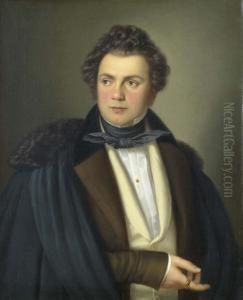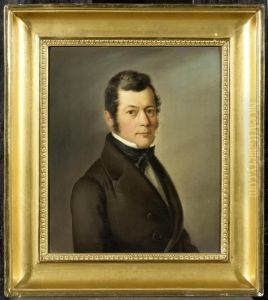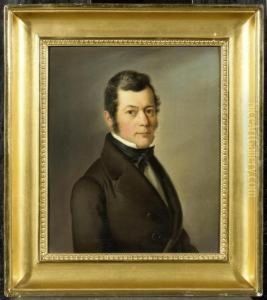Hans Rudolf Obrist Paintings
Hans Ulrich Obrist (commonly known as Hans Ulrich or H.U.O.) is a Swiss art curator, critic, and art historian. Born on May 23, 1968, in Zurich, Switzerland, Obrist is known for his progressive and innovative take on art curation and has been a key figure in the contemporary art world for several decades. He is not an artist himself, but his contributions to the curation and promotion of contemporary art have been influential in shaping the art scene internationally.
Obrist initially studied economics and social sciences at the University of St. Gallen in Switzerland. However, his passion for art led him down a different path. He began his career in the art world with an exhibition he organized in his kitchen when he was just 23 years old. This unconventional start marked the beginning of a prolific journey through the art world.
In 1993, Obrist joined the Musée d'Art Moderne de la Ville de Paris as a curator for contemporary art. His work there included curating numerous exhibitions that showcased emerging artists and introduced new concepts. His innovative approaches to exhibition-making and his emphasis on the dynamic connections between artists have been a hallmark of his career.
Obrist is best known for his role as the Artistic Director of the Serpentine Galleries in London, a position he has held since 2006. He has curated over 300 exhibitions throughout his career and is notable for his extensive interviews with artists, architects, and thinkers, compiling one of the largest archives of recorded interviews in the art world. These interviews have been published in the multi-volume 'Interview Project.' He is also recognized for his published writings, including 'The Art of Curating,' 'A Brief History of Curating,' and 'Ways of Curating.'
His influence extends beyond curation into the broader discourse of contemporary art. Obrist has been a proponent of the 'marathon' series of public events that bring together artists, scientists, and philosophers to engage in interdisciplinary dialogues. He has received numerous awards and honors for his work, including the CCS Bard Award for Curatorial Excellence and being named one of the most powerful people in the art world by ArtReview in their annual Power 100 list.
Obrist continues to be active in the art world, pushing the boundaries of exhibition-making and contributing to discussions about the future of art and curation. His role as a curator, cultural instigator, and thought leader makes him one of the most significant figures in contemporary art, even though he is not an artist by trade.



